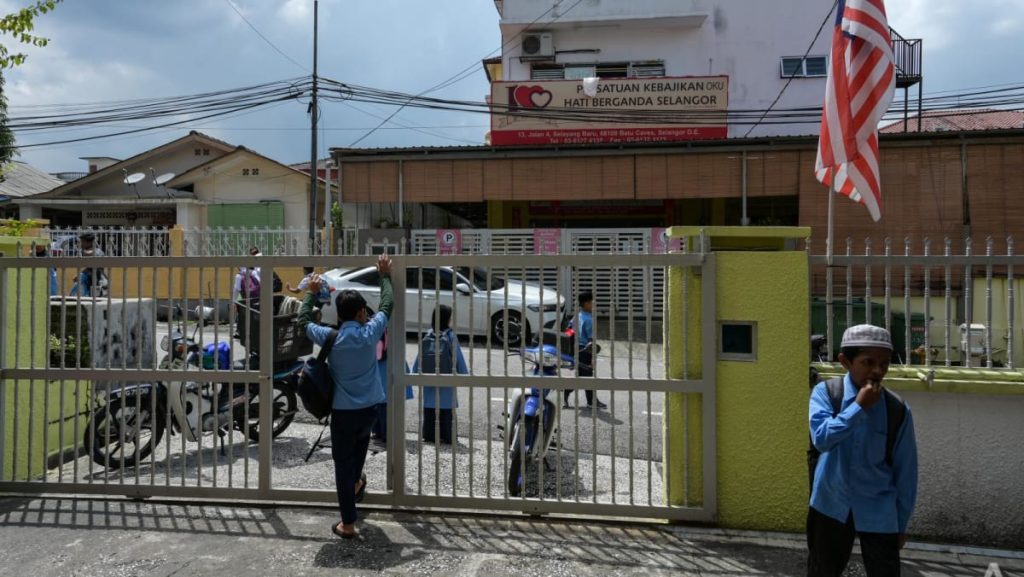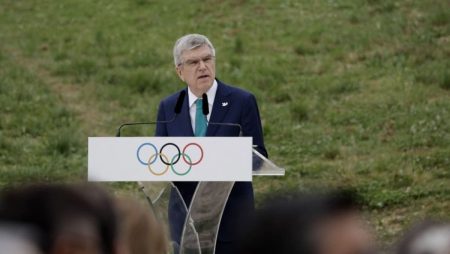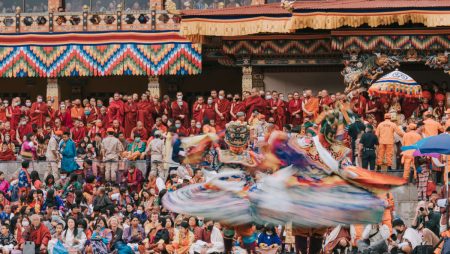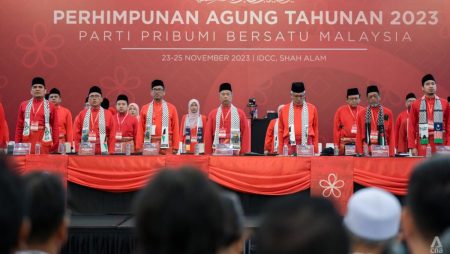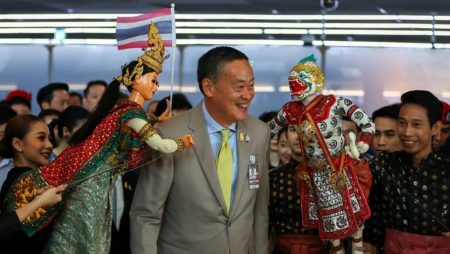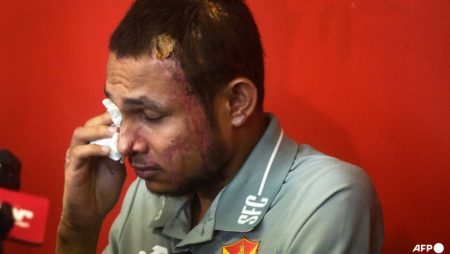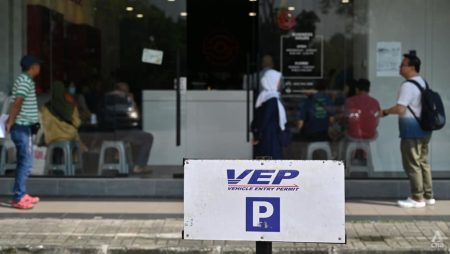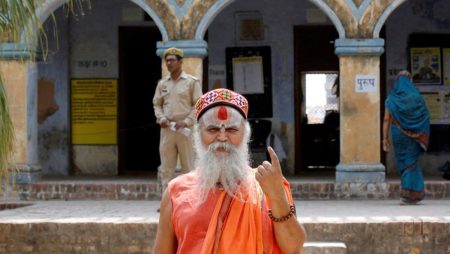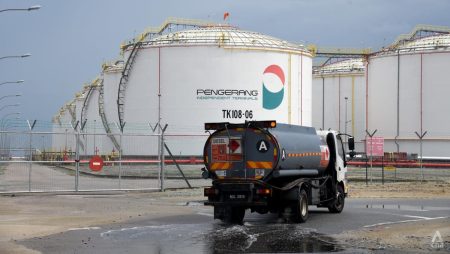A search on TikTok for “Palestine refugees in Malaysia” reveals videos centered around Malaysia’s support for the Palestinian cause and informal interviews with Palestinians living in Malaysia. However, there seems to be a disparity in how Malaysian society perceives Rohingya and Palestinian refugees. Activists have pointed out the country’s apparent “double standards” when it comes to championing the Palestinian cause while lacking support for Rohingya refugees who face xenophobia in Malaysia.
According to UNHCR figures, Malaysia hosts around 189,340 refugees and asylum-seekers, with a majority coming from Myanmar, including over 109,230 Rohingya individuals. While there are at least 620 Palestinian refugees and asylum-seekers in the country, Malaysia is not a signatory to the 1951 UN Refugee Convention and its related 1967 protocol. This means that refugees are considered undocumented or illegal migrants under the Immigration Act and rely on NGOs for financial aid.
Despite the challenges faced by refugees in Malaysia, the government has shown support for Palestinians, especially during the Israel-Hamas war in 2023. A bipartisan parliamentary group called for the issuance of a “Special Pass” for all Palestinians in Malaysia, allowing them temporary stay and work. Additionally, the government announced that it would cover study fees for Palestinian students at public universities and provide discounts for those studying at private institutes. In contrast, initiatives to support Rohingya refugees have been limited.
Dr. Benjamin Loh, a senior lecturer in media and communication at Taylor’s University, highlighted the differing perceptions of Palestinian and Rohingya refugees in Malaysia. Palestinians are often seen as educated individuals who will eventually return to the Middle East to fight for their land, while Rohingya refugees are viewed as stateless people who contribute little value and work in low-wage jobs. This discrepancy in perception contributes to a xenophobic view towards Rohingya refugees in Malaysia.
The issue of refugee treatment in Malaysia raises questions about the country’s commitment to human rights and protection for vulnerable populations. While Malaysia has shown support for the Palestinian cause, there are concerns about the lack of support and legal rights afforded to other refugee groups, such as the Rohingyas. Addressing these disparities and challenging xenophobic attitudes towards refugees are essential steps towards creating a more inclusive and compassionate society in Malaysia.
In conclusion, the treatment of refugees in Malaysia, especially the differing attitudes towards Palestinian and Rohingya refugees, reflects broader societal issues around discrimination and selective support for refugees. Activists and experts have highlighted the need for Malaysia to address these disparities and uphold its commitment to protecting the rights of all refugees, regardless of their nationality. By promoting inclusivity, challenging xenophobic attitudes, and providing equal access to rights and opportunities for all refugees, Malaysia can work towards creating a more compassionate and welcoming environment for those seeking safety and protection in the country.





